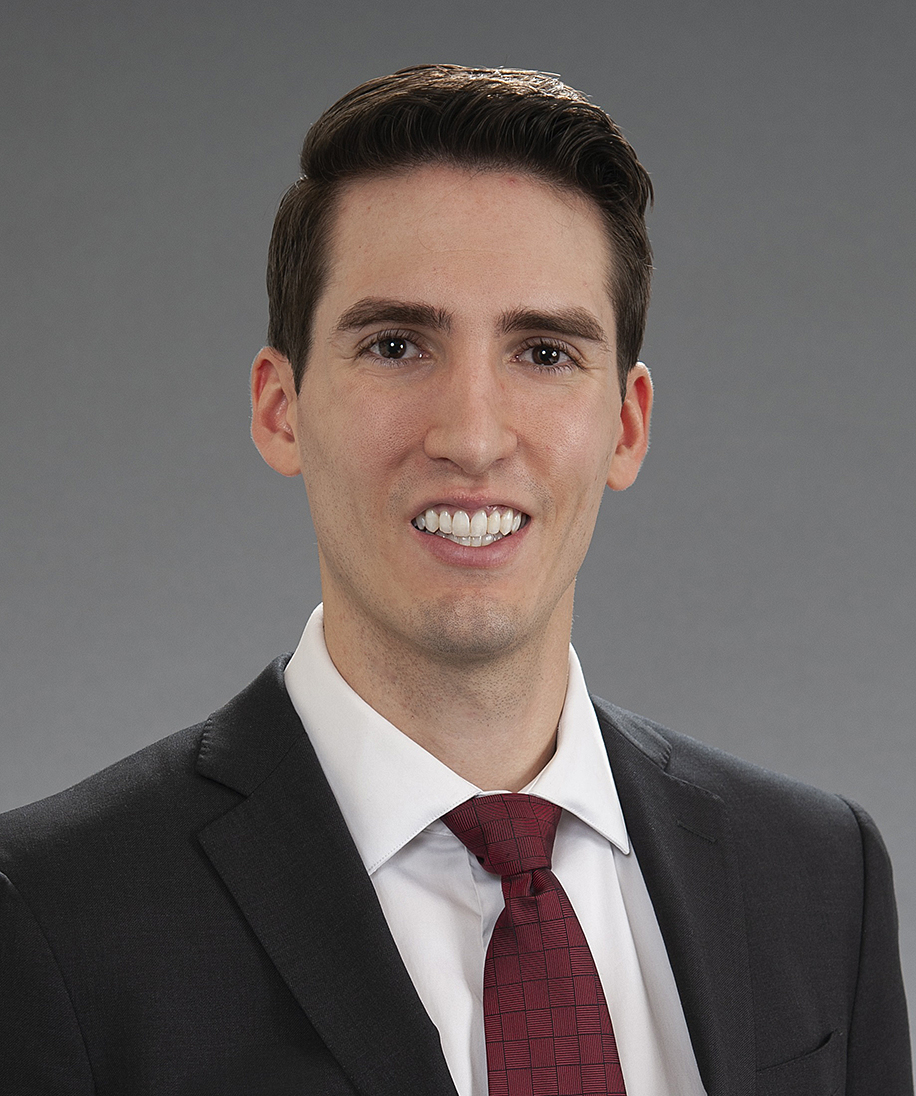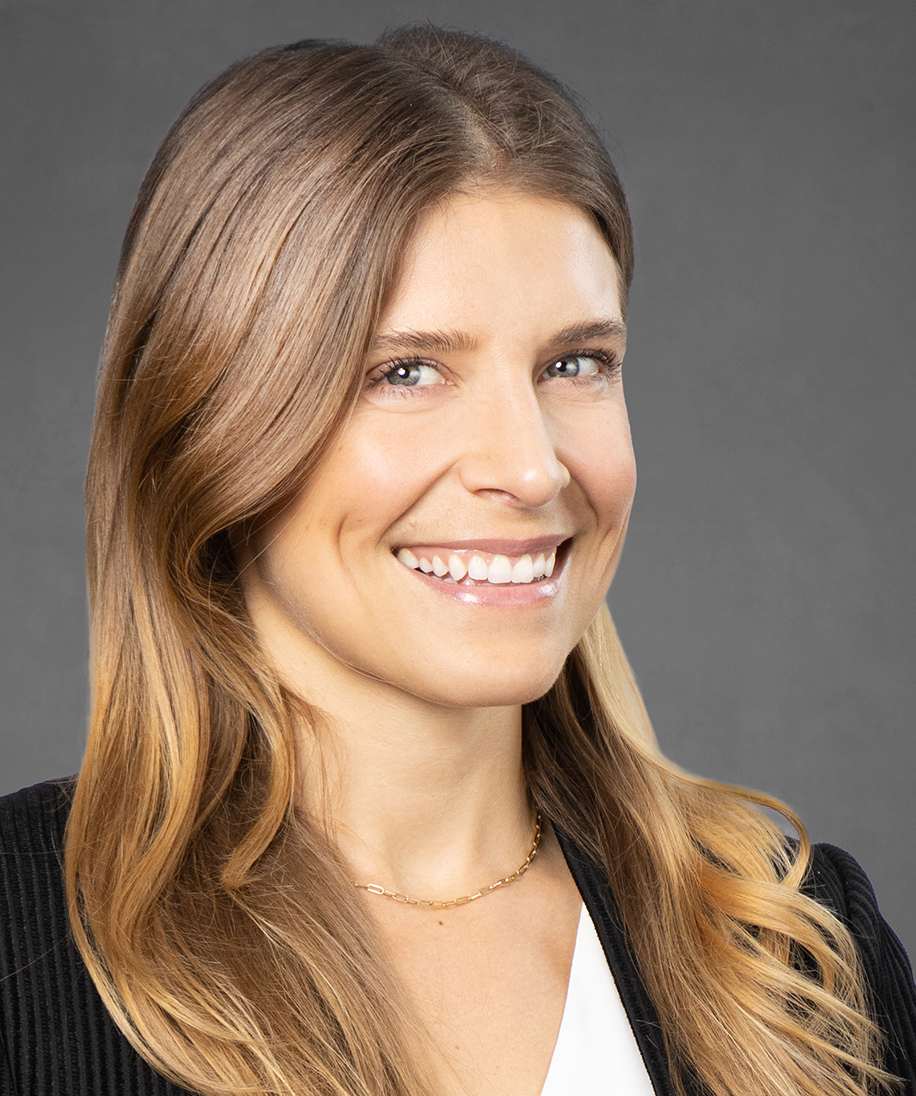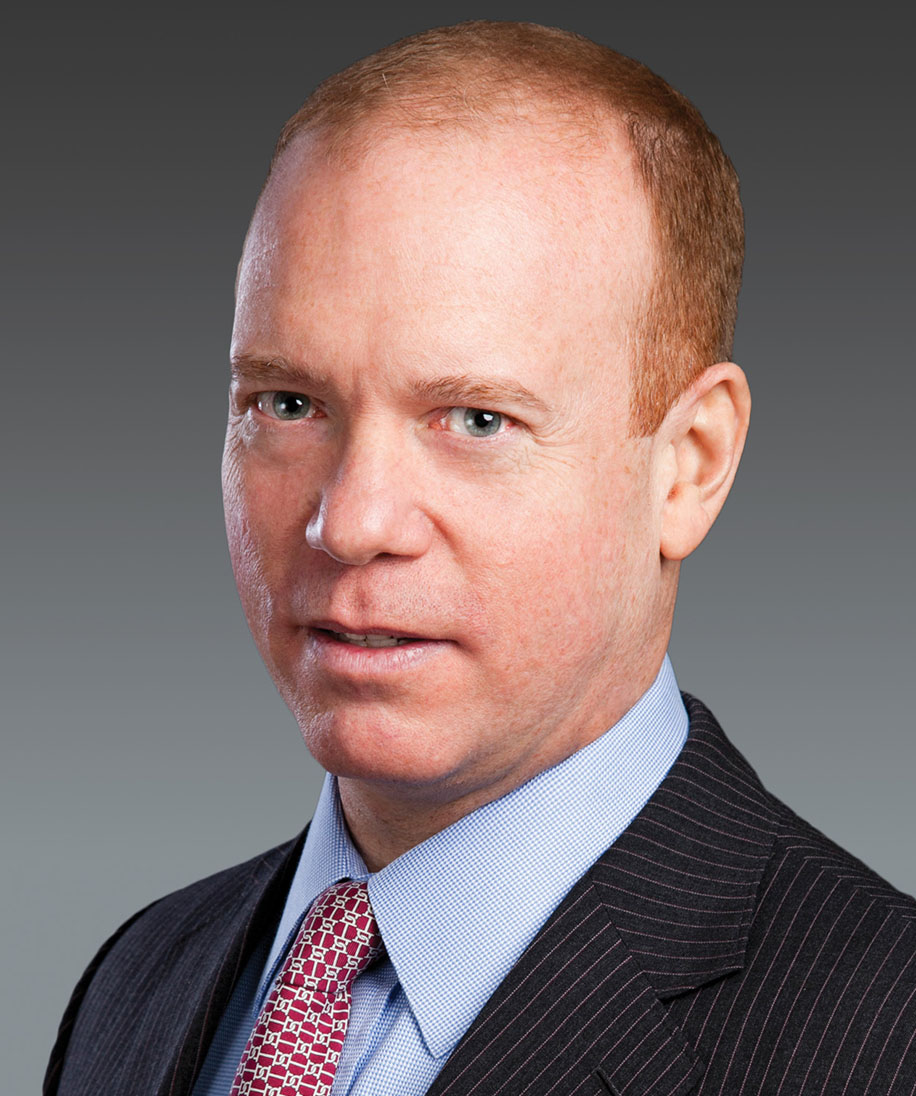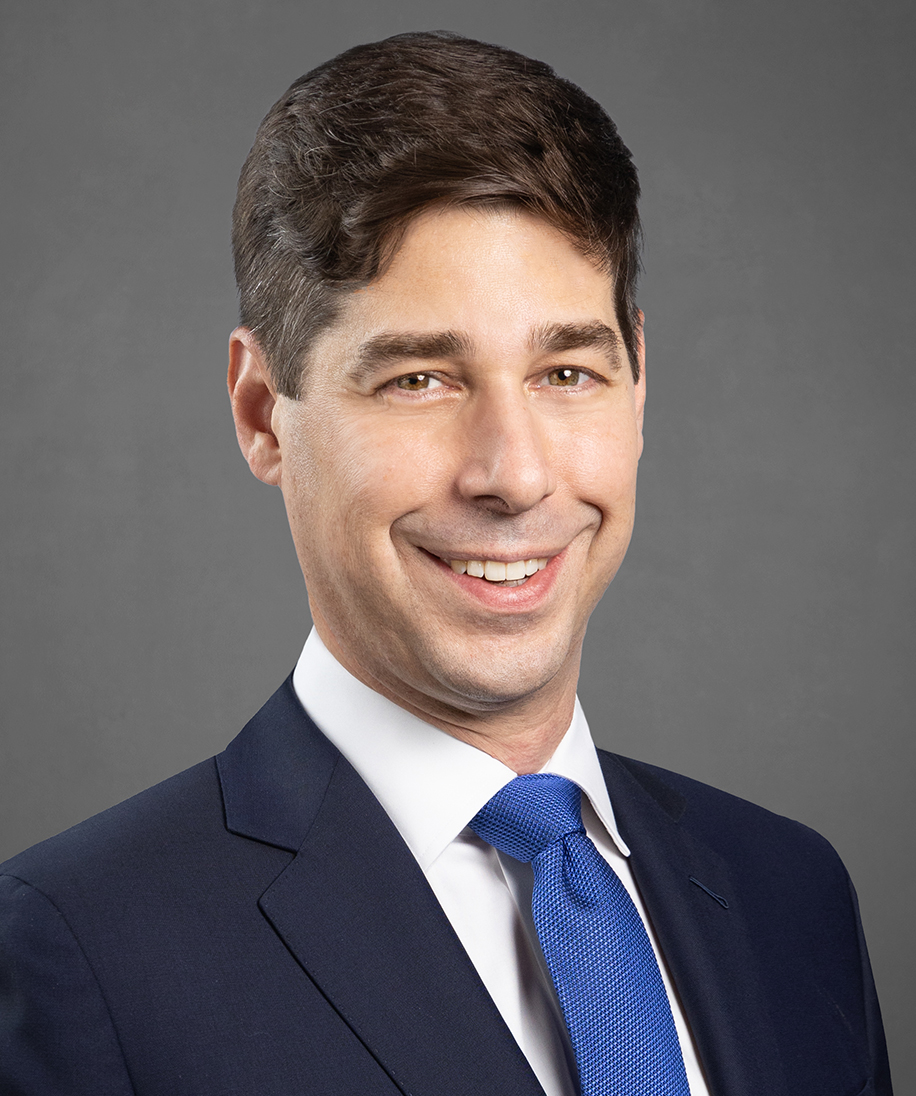Client Alert
PhRMA Code Update: A Spotlight on Speaker Programs
September 15, 2021
By
Sandra Gonzalez,
Rakan F. Ghubej,
Mark T. Carper,& Elaina McEwanLast month, the Pharmaceutical Research and Manufacturers of America (“PhRMA”), which has published a voluntary code of ethics (the “Code”) for the pharmaceutical industry on appropriate interactions with U.S. healthcare professionals (“HCPs”) since 2002, enhanced its principles addressing speaker programs and meals in its Code (the “Revised Code”). For companies tracking U.S. government enforcement actions against, and guidance for, life sciences companies, the Revised Code likely comes as no surprise in view of the Department of Justice’s (the “DOJ”) settlement with Novartis in July 2020 (the “Novartis Settlement”) and the Special Fraud Alert (“SFA”) released by the Department of Health and Human Services Office of the Inspector General (the “OIG”) on speaker programs in November 2020. As expected, the Revised Code addresses some of the key speaker program-related risk points identified via government enforcement actions and the recent SFA, aligning industry guidance more closely with government expectations. Some risk areas identified in the SFA, however, are not expressly addressed by the Revised Code. While this update focuses on the PhRMA Code updates, it is important to note that the OIG’s SFA is not limited to pharmaceutical companies; rather, the OIG’s SFA specifically calls out pharmaceutical and medical device companies. It is to be determined whether the Advanced Medical Technology Association (“AdvaMed”)—a trade association for companies producing medical devices, diagnostic products, and digital health technologies—will update its Code of Ethics to address the OIG’s SFA.
In this article, we summarize:
- The U.S. government’s recent speaker program-related enforcement actions and guidance;
- Key updates to the Revised Code, which focus on certain speaker program components (e.g., content, attendees, venues, the provision of alcohol, and speaker selection); and
- Questions that companies should consider as they analyze and implement changes to their speaker program rules and processes ahead of the Revised Code’s January 1, 2022 effective date.
Recent Speaker Program Government Enforcement and Guidance
In July 2020—while companies were just beginning to grapple with how to run compliant speaker programs in a virtual format in light of pandemic-driven restrictions on in-person events—the DOJ announced the $642 million Novartis Settlement to resolve alleged misconduct related to Novartis’ speaker programs from 2002 to 2011. Among other things, the government alleged that Novartis used speaker programs to provide bribes to doctors, rather than to educate them. The DOJ further alleged that Novartis hosted speaker programs where no presentation was given, that multiple speaker programs were hosted with the same HCP attendees, and that programs were held in high-end restaurants and other inappropriate venues.
On the heels of the Novartis Settlement, in November 2020, the OIG issued its first SFA in more than six years. In the speaker program-focused SFA, the OIG indicated that it was “skeptical about the educational value” of company-funded speaker programs and made clear that parties involved in speaker programs, such as the manufacturer, the speaker, and the attendees, “may be subject to increased scrutiny.” The OIG’s alert provided a list of example “suspect characteristics” that, “taken separately or together, potentially indicate a speaker program arrangement that could violate the anti-kickback statute.” These characteristics included speaker programs where little or no substantive information is presented, allowing HCPs to attend programs on the same or “substantially the same topics” more than once, holding a program at a location “not conducive to the exchange of educational information,” and making alcohol available at the program.
The Revised Code: Key Updates
While most of the changes made in the Revised Code are related to speaker programs—with new details around speaker selection, speaker program content and topics, appropriate attendees, appropriate venues, and the provision of alcohol—the Revised Code also includes notable updates related to meals and virtual interactions.
- Speaker Programs
- Speaker Selection
Consistent with the risks identified in the OIG’s SFA, the Revised Code now notes that companies should not select an HCP to serve as a speaker or consultant based on the HCP’s past company revenue or potential to generate future revenue by prescribing or ordering a company’s products. While new to the Revised Code, this prohibition has been well understood throughout the industry for years because federal statutes prohibit providing a benefit to an HCP to induce the HCP to prescribe company products that will be paid in whole or in part via a federal healthcare program.
- Speaker Program Content and Topics
The Revised Code specifies that the educational information presented during a speaker program should address a bona fide educational need and that companies should consider whether the information presented would address “recent substantive changes in relevant information,” such as new medical or scientific information or a new FDA-approved product indication. This guidance relates to two of the OIG SFA’s “suspect characteristics,” which include: (i) hosting a large number of events on the same topic without a recent substantive change in relevant information; and (ii) hosting events where there had been no “new medical or scientific information nor a new FDA-approved or cleared indication.”
Neither the Revised Code nor the OIG’s SFA specifies what qualifies as “recent,” “substantive,” or “new” in this context, and the Revised Code is similarly silent on what criteria would constitute a bona fide educational need.
- Appropriate Attendees
Because HCP attendees should have a bona fide educational need to attend a speaker program, the Revised Code indicates that HCPs generally should not attend multiple programs on the same or substantially the same topics.
The Revised Code provides no guidelines or examples of what would constitute “substantially the same,” and, while the OIG’s SFA identifies attendees who work in the same practice as the speaker as a risk factor, the Revised Code does not address this.
- Appropriate Venues
The previous version of the Code specified that programs should occur in venues conducive to “informational communication” and specified that resorts are not appropriate venues. The Revised Code goes further, requiring that venues for speaker programs and other meetings with HCP consultants “should not be extravagant or the main attraction of the event or perceived as such,” and specifically stating that “[l]uxury resorts, high-end restaurants, and entertainment, sporting, or other recreational venues or events are not appropriate.” This update likely derives from both the concerns expressed in the Novartis Settlement about “high-end” restaurants and venues and the OIG’s assertion in the SFA that hosting programs at “[l]ocations not conducive to the exchange of educational information (e.g., restaurants or entertainment or sports venues)” is a “suspect characteristic.”
- Provision of Alcohol
The Revised Code states that companies should not pay for or provide alcohol in connection with speaker programs. As a reminder, this is a “suspect characteristic” described in the OIG’s SFA. Many companies have had or have recently placed limits on the provision of alcohol and/or alcohol consumption at speaker programs, but companies should consider evaluating (and in some cases reevaluate) their current practices with respect to alcohol at speaker programs. Notably, the Revised Code is silent on whether HCPs may purchase or bring their own alcoholic beverages to a speaker program.
- Speaker Selection
- Meals
The Revised Code specifies that any meals provided to HCPs (e.g., during speaker programs, in-office meetings) should be “incidental” to the interaction and modest “as judged by local standards.” The Revised Code also provides additional guidance on the “take-out” meals prohibition, specifying that incidental meals may only be provided where there is a “reasonable expectation, and reasonable steps [are] taken to confirm, that each attendee receiving a meal has a substantive interaction or discussion with [a] company representative.” While this requirement is often included in company policies on interactions with HCPs, it is worth noting that the Revised Code now explicitly addresses this topic.
- Virtual Interactions
Consistent with the increasingly virtual HCP interactions spurred by the COVID-19 pandemic, the Revised Code includes references to virtual interactions and other events conducted in whole or in part “via a digital platform.” These revisions should clarify that the guidance regarding support for continuing medical education or third-party educational or professional meetings also applies to virtual settings (e.g., the Revised Code states that “[t]his Section 5 applies to in-person third-party scientific and educational conferences or professional meetings and virtual meetings conducted via a digital platform (with audio and/or video conferencing capabilities) with or without an associated in-person event”).
Key Takeaways for Life Sciences Companies
In light of the Revised Code and government focus on speaker programs, it would be timely for companies to review their current business practices, from end-to-end, and assess what changes may be required in light of the information outlined in the Revised Code and the OIG’s SFA. Specific questions of focus could include (but should not be limited to):
- How do we define a “recent substantive change” or “new” medical and scientific information? How do we document such justification(s) with respect to the speaker program approval and/or needs assessment process?
- What criteria should we use to determine—and how should we document—whether a speaker program invitee has a “bona fide educational need” for the information being provided?
- Should we go beyond the Revised Code and implement additional limitations on speaker program attendees in view of the Novartis Settlement or OIG SFA (e.g., prohibit attendees from the same practice and/or office as the speaker)?
- How will we prevent HCPs from attending multiple speaker programs on the same or substantially the same topic? How will we define “substantially the same” when it comes speaker program topics?
- How should we determine what constitutes a “high-end restaurant” and will we need to implement additional venue limitations for speaker programs?
- Will we allow HCP speaker program attendees to bring or pay for their own alcoholic drinks? If so, how will we monitor compliance?
- If we prohibit alcohol altogether at speaker programs and an HCP brings his/her/their own, what do we expect the sales representative to do?
- If we prohibit alcohol altogether at speaker programs, do we still allow alcohol at non-speaker program engagements with HCPs (e.g., meetings related to HCP consultant arrangements, speaker training, etc.)?
- Should we make any changes to other external-facing programs and activities (e.g., patient-facing programs, sponsorships of third-party educational meetings and events) in view of the Revised Code or OIG SFA?
To maintain alignment with industry expectations for speaker programs, companies should give due consideration to the potentially complex mechanics of determining, memorializing, and implementing any business changes needed (e.g., system changes or updates, employee and speaker training / communications, third-party vendor training and contract updates, auditing and monitoring protocol updates). While the changes driven by Revised Code could likely have been predicted by those tracking U.S. government enforcement and guidance in the life sciences industry, for those companies looking to make changes prior to the Revised Code’s effective date of January 1, 2022, an assessment and implementation window of approximately four months could prove challenging for all companies, regardless of size. As such, it would be timely for companies to assess relevant aspects of their compliance programs in light of the available guidance as soon as possible.
Contributors


Practice Areas
Life Sciences and Healthcare Consulting Group
Investigations and White Collar Defense
For More Information

